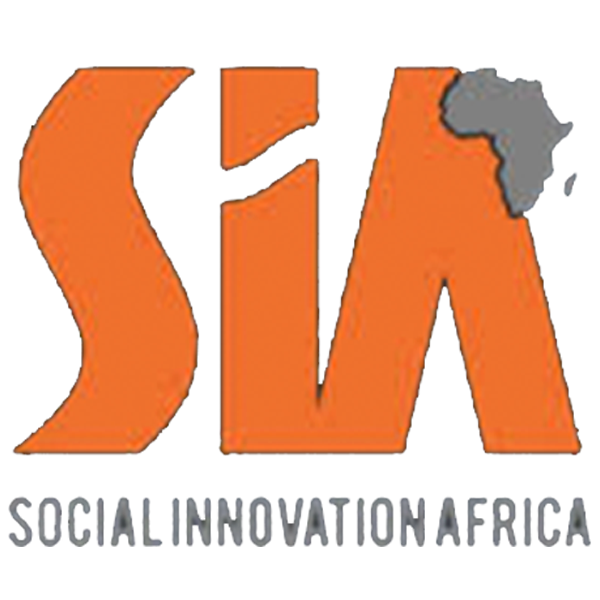On 13th Feb, The African Inter-Party Dialogue Network (AIPDN) held a briefing session on Advancing Governance, Peace and Development in Africa at United States International University – Africa. AIPDN is crucial as a network in the continental sharing of information, influence, promoting inter-party dialogue for the overall good governance and conflict resolution and management. The session was attended virtually and physically by both Members and Partners of the Network as well as students from the University.
Officially launched on July 13, 2023, AIPDN aims to foster inter-party dialogue, strengthen multi-party democracy, reduce unhealthy political rivalries and tensions, and contribute to conflict prevention. Guiding AIPDN’s mission is the recognition that inter-party dialogue plays a vital role in building consensus, sustaining societal harmony, shaping policy and public administration, enabling parliamentary processes, furthering good governance, and promoting sustainable peace. Through sharing experiences and information, collaborating, and providing training programs, AIPDN seeks to enhance the impact of inter-party dialogue mechanisms.
Key partner organizations driving AIPDN’s mission include the Social Innovation Africa, Institute for Public Policy and International Affairs at USIU-Africa, African Youth Initiative Network, University of Nairobi, Africa Bioethics Network, and Ghana’s Centre for Democratic Development.

At the February 13, 2024 briefing session, AIPDN Coordinator Kenneth Mpyisi emphasized the network's focus on research and experience sharing, capacity building for political parties, and providing technical advisory support. Attendees highlighted AIPDN’s continental scope and multi-stakeholder approach as strengths. The three main focus areas for the network are Research and Experience sharing; which will enhance and improve our communication and systems in creating a regional framework for Inter Party Dialogue. Capacity building, Technical Support: as advisory services to various bodies such as Electoral Commissions and International Organizations among others. The strengths of the network, lies in its expertise, commitment and engagement and with its various partnerships across the continent and globe with Intergovernmental Organizations, Non- Governmental Organizations and Think tanks.
The network has a better opportunity in understanding the state of governance in particular regions on the continent due to its vast network, and as such would be producing policy briefs, academic papers and is aiming to produce a regional framework. The network is also to conduct training sessions at multiple levels: researchers, political parties, nongovernmental organizations, civil societies, political parties as individual units, and also not in isolation.
Some of the remarks made by Mr. Paul Osei- Kuffuor from Centre for Democratic Development, was the concern about the decline of support for democracy, more so in the West African region due to several factors, including the lack of visible fruits of democracy, as highlighted in the several coups witnessed in the region and their support within the populace. This highlights the importance of capacity building of political parties to enhance their roles in multi-party democracies.

Dr. Moses Onyango of Institute for Public Policy (IPPA) stressed the importance of media in conflict resolution and management and improving inter relations in the society. Having an understanding and respect for culture, communication helps reduces conflict.
Adding to Mr. Onyango’s point, Veteran journalist Desmond Davis from African Briefing underscored the vital need for media to foster transparent communication between governments and citizens. By fostering constructive communication, Unity in pursuit of good governance and sustainable peace the media is crucial in having the population make informed choices in matters of governance. Media is crucial in having the population make informed choices in matters of governance. Africa has a deficit of information and there is a need for information on the African continent.
In conclusion, all in attendance agreed that it is crucial for Africans to articulate their position and the importance of including both women and the youth in the dialogue.
With the majority of Africa’s population being under the age of 35, ensuring the youth have a seat at the table is crucial to realizing positive change as they constitute 70% of the continent’s population. There should be an open two-way Communication Street through the media between the government and the population, to ensure the population is carried along on the government decisions. Most political unrest we have witnessed in Africa is preceded by a breakdown of communication between the population and the government. Proper and frequent communication ensures a regime of transparency and accountability and legitimacy. The media should include government communications, political communications and government public relations. Media in Africa should have and embrace a feedback mechanisms within the African population and the governments should also be proactive in sending out correspondence to journalists to ensure an open line of communication between the government and the population, through the media infrastructure and the people.
